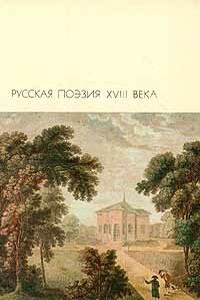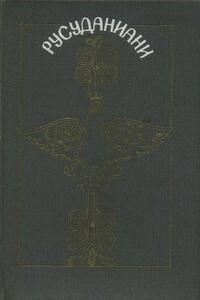Son of Holmes | страница 3
He grinned. “Don’t mind if I do.”
We became friends, and he had me to his house for dinner two or three times. One night we’d been speaking of detective stories, and he asked me to join him at the Martha Hudson dinner. I was happy to accept.
The dinner was held at a rambling structure in Arlington Heights known, for some obscure reason, as “The Ranch.” The crowd was not exactly what I had expected, consisting mostly of people my own age. They all appeared rather more well-to-do than I, however, which was not surprising.
As drinks were served, we all congregated in the large drawing room, the principal furnishings of which were the bookshelves that lined three of the walls, the huge oil portrait of, I later learned, the Master, and a long table upon which had been set bound copies of some reference works, a violin, a pipe, and a cap. Our host, Mr. Hugo Arrowroot, proposed a toast to Martha Hudson, then to Holmes, after which things assumed a more informal air. We ate a fine dinner of which coq au vin was the main course and, over brandy, fell into a heated discussion concerning the actual existence of fictional characters.
“It all began, I imagine,” said Kevin, “with Dante, when he included in his fictional Divine Comedy portraits of his enemies. I would suppose it’s even an older practice than that.”
“Much older,” offered another of the guests, a hirsute Harvard student. “All the Greek playwrights did it in their comedies. Aristophanes got in a lot of trouble because of it.”
“Not surprising,” Kevin continued, “and we’re all familiar with historical works that are, finally, more fictitious than the most imaginative novel.” Several students chuckled.
Kevin was smoking a briar, sitting on the edge of the table, fingering the open pages of one of the reference works. “But consider this angle. Suppose there was a man whose life was as interesting as could be hoped, and he had a companion who was given to writing. Could that companion refrain from biography? A Boswell to Johnson relationship? I doubt it. But again, suppose that the principal involved eschewed this kind of aggrandizing publicity, for any number of reasons, and forbade his companion to publish. What could they do? One solution would be to publish the biography as a fictional account, using fictional names but actual events.
“I contend that in this theory lies the root of truth in our more celebrated detective heroes.” He paused and relit his pipe.



